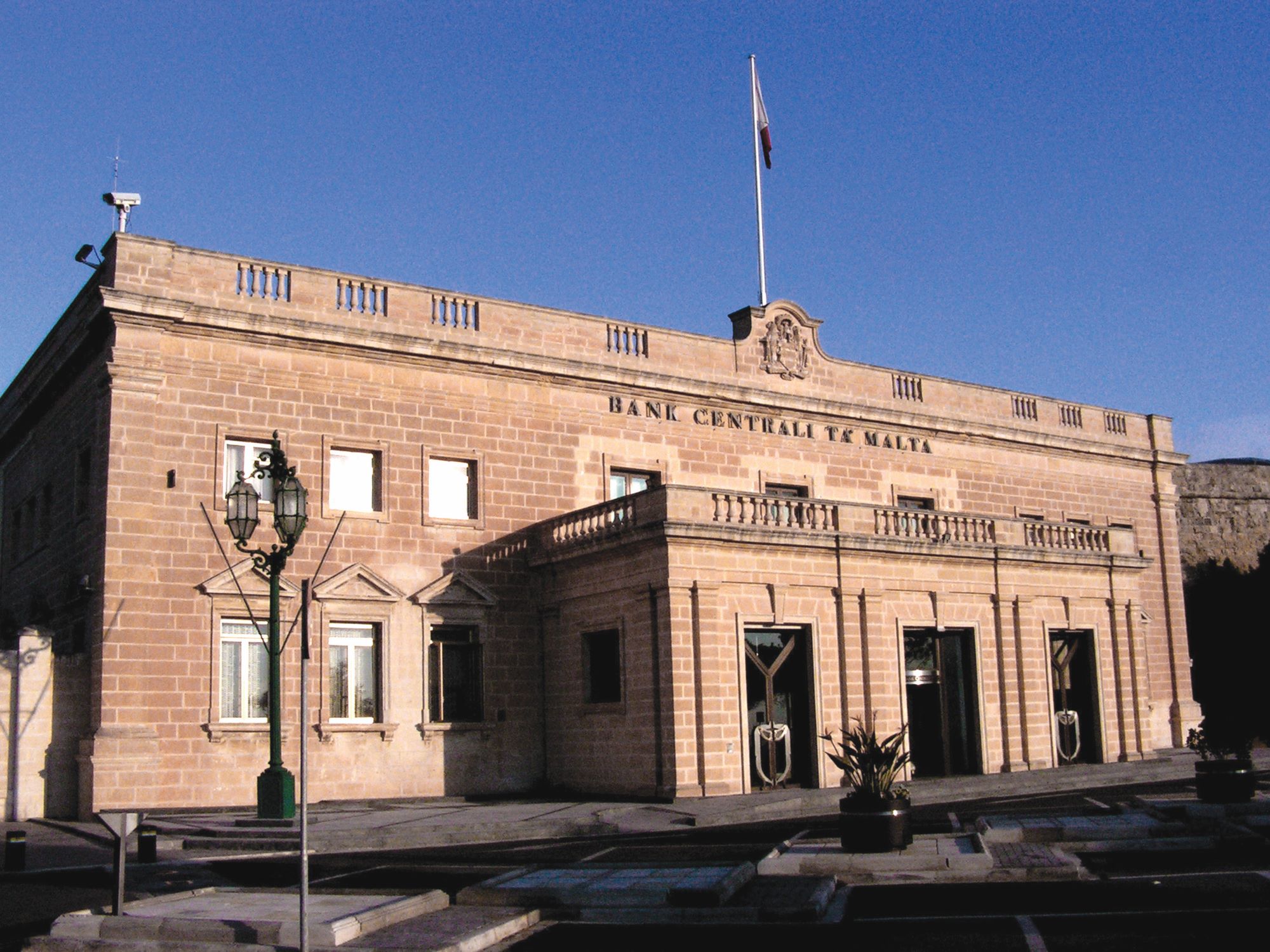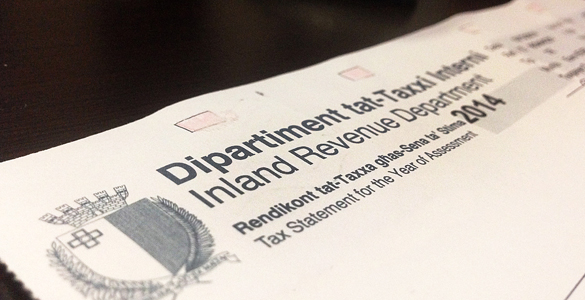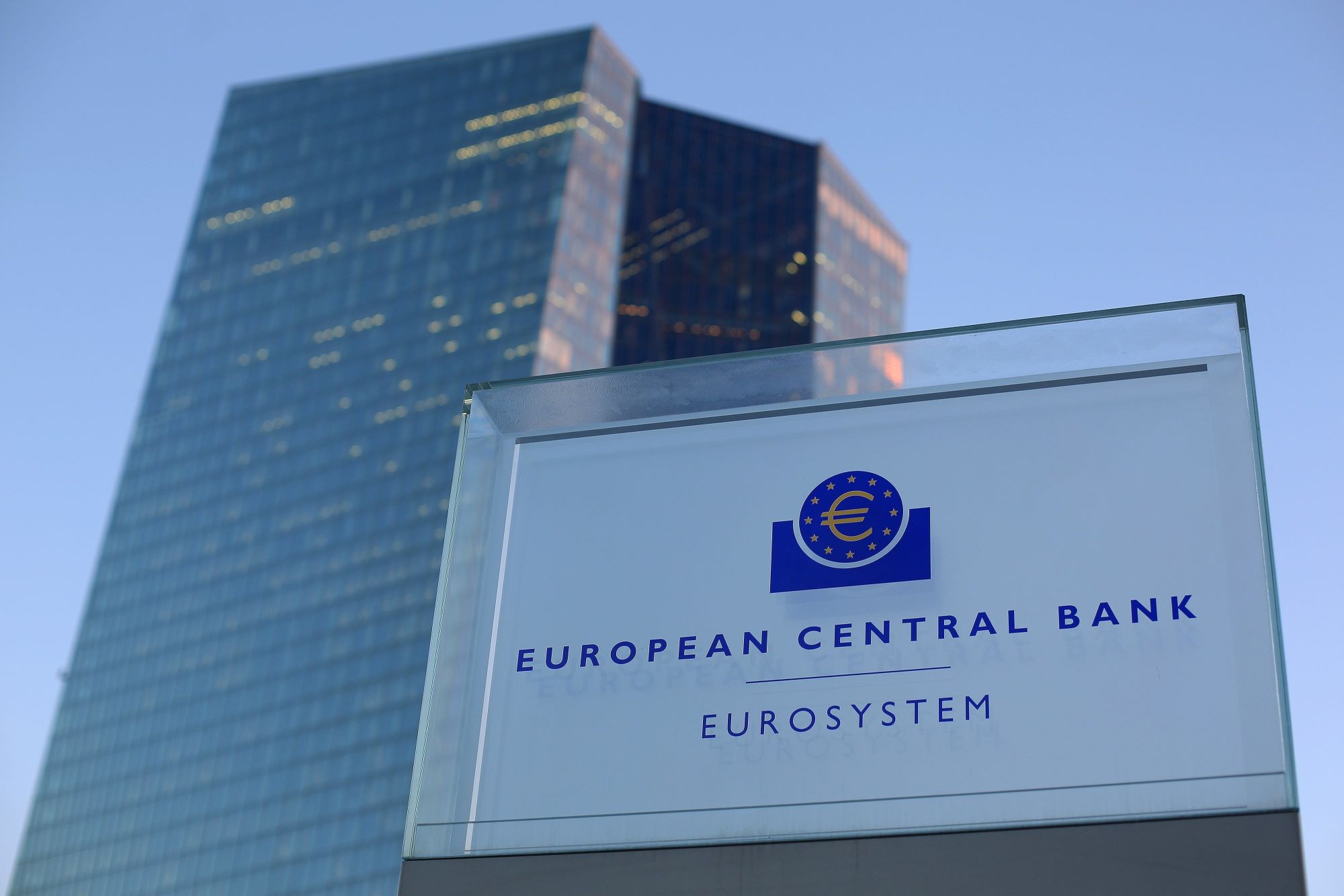The Central Bank of Malta’s (CBM) Business Conditions Index rose sharply in the second quarter of 2021, as reported in the bank’s latest quarterly review.
Although economic activity levels remained below those prevailing before the pandemic, the index reflected strong year-on-year increases in a number of variables. The report speculated that these increases might reflect the easing of the COVID-19 restrictions and related improvement in activity, as well as the high vaccination rate achieved during the quarter.
Real GDP increased by 13.4 per cent over the corresponding quarter of 2020. This followed a contraction of 1.3 per cent in the previous quarter. Notwithstanding the recent increase, the GDP level still stood 3.6 per cent below that which prevailed in the second quarter of 2019. On an annual basis, GDP growth was driven by domestic demand and to a lower extent, net exports.
The expansion was primarily driven by the services sector, especially the sector comprising wholesale and retail trade, transportation, accommodation and related activities. However, the sector continued to be severely affected by the pandemic, with its gross value added standing almost 35 per cent lower than its level in the corresponding quarter of 2019.
Meanwhile, the labour market also continued to recover during the quarter, with employment returning to pre-pandemic levels and unemployment falling further.
According to the Labour Force Survey, employment and activity rates increased, standing above those prevailing in the second quarter of 2019 and only marginally below those recorded in the first quarter of 2020. The unemployment rate stood at 3.5 per cent, lower than the four per cent registered in the previous quarter, and the rate of 4.6 per cent recorded a year earlier. It also stood below the average rate of 7.9 per cent in the euro area.
The CBM attributed the much improved employment rate to ongoing government COVID-19 support, as well as the recovery in demand.
Inflation remained low during the quarter under review. Annual inflation as measured by the Harmonised Index of Consumer Prices stood at 0.2 per cent in June, up from 0.1 per cent in March. This marginal increase was mainly driven by faster growth in the prices of unprocessed food and non-energy industrial goods. Annual inflation based on the Retail Price Index – which only takes into account expenditure by Maltese residents – rose from 0.4 per cent in March to 1.5 per cent in June.
Top 5% of taxpayers responsible for one-third of all income tax paid in Malta
On the other hand, the bottom third of income earners pay just 1.7% of all income tax generated
The Malta Institute of Accountants prepares for its 2024 Anti-Money Laundering Conference
Held at the Radisson Blu, St Julians, this latest AML Conference promises to bring exclusive insights on new procedures
Eurozone interest rates to remain unchanged
The European Central Bank noted that price pressures remain persistent






